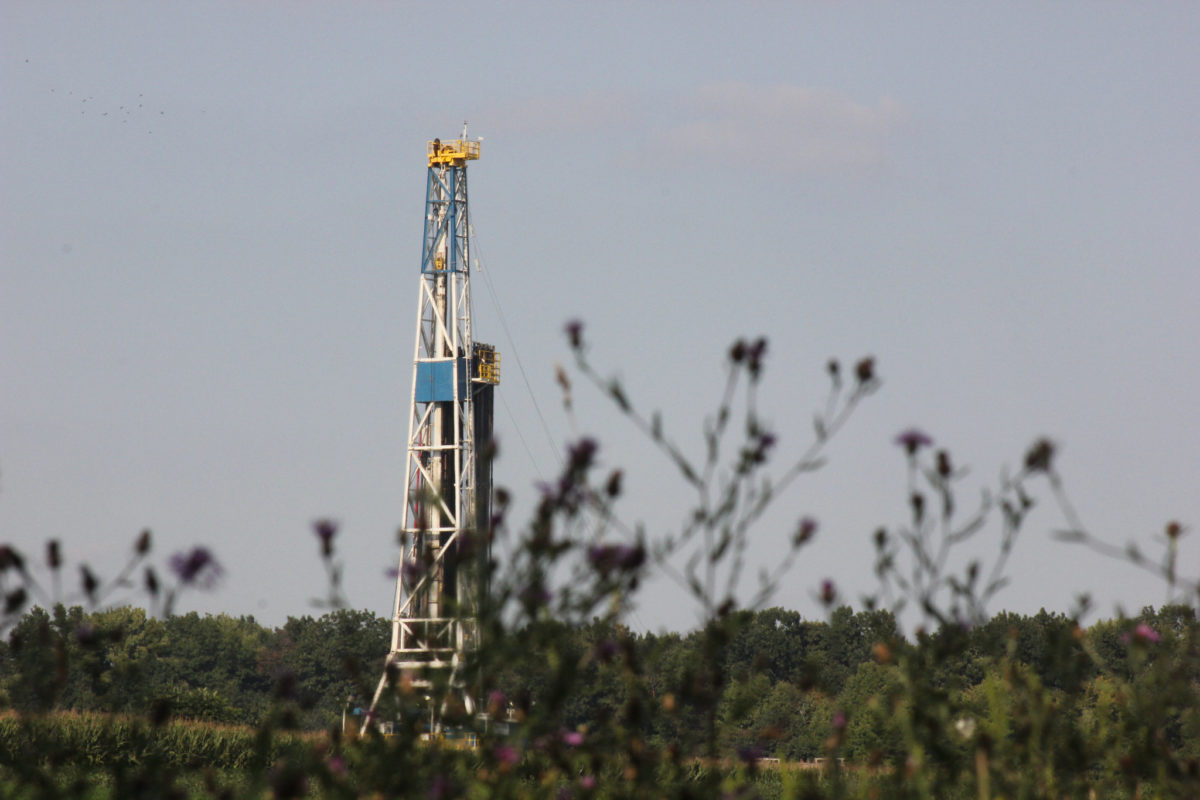When Lillian Harris was in law school, there wasn’t a class on how to handle regulated public utilities in the energy sector.
But in the years between clerking and graduation, she managed to land at a small firm in Harrisburg that was doing public utility work, as it was called then.
“It was a really awesome group of people working in the energy sector,” she says of Hawke McKeon & Sniscak. She ended up working there for about 20 years after she graduated, as working in the nascent energy sector clicked for her.
That experience, plus a year at the Pennsylvania Public Utilities Commission and a few years as director of legislative affairs at lobbying firm UGI positioned Harris well when the Marcellus Shale play was first tapped in the early 2000s. She’s now a Principal at Post & Schell, where she’s part of the firm’s shale resource practice group.
“I tell people at cocktail parties I was a really dull utility lawyer for a really long time and then the Marcellus Shale came along and made me incredibly interesting,” Harris says.
It’s made the region more interesting as well. Harris adds that the potential for energy self-sufficiency in western Pennsylvania is a sea change from where it was when she first got into the field.

“If I drew you a picture of the pipelines in this area pre-Marcellus Shale, you could see how beholden we were to the Gulf,” for natural gas, she said. “When the Marcellus Shale and fracking came along, it changed all that. Having the gas around is fabulous for pricing, but only if you can get it where you need it to be.”
Now, however, there is a more defined path for students who want to go into energy regulation, but the energy sector in Pennsylvania is still very much a work in progress, thanks to the shifting fortunes of the Marcellus Shale play. Many companies became reluctant to drill new wells when natural gas prices dropped sharply in the 2010s, which created problems for all the small companies that sprang up in support of shale activity.
“There was this glut of supply but not enough demand,” Harris noted. “If the guys trying to make that sector viable can’t export the gas, the bottom drops out of the price.”
Even though shale has receded somewhat from its initial boom, Harris said she thinks there’s still a bright future for this part of the energy sector.
“The natural gas landscape has changed dramatically since the Marcellus Shale play was tapped,” she said. “But natural gas infrastructure projects that are planned and executed well achieve valuable benefits for so many Pennsylvanians.”
Harris says there are already plenty of stakeholder companies in the energy space in western Pennsylvania. She says entrepreneurs who want to plant their businesses in the region should ask themselves whether the structure is in place to support them, rather than trying to find a new way to get into the shale sector.
“They should be asking themselves, ‘Am I going to benefit from being in Pennsylvania?’”
The answer to that question is still to be determined. Harris says one of the keys to keeping the Marcellus Shale viable as an industry is ensuring there’s enough infrastructure to support it.
“Infrastructure development impacts so many parts of our broad economy — from the skilled trades workers who construct the lines all the way to the retail distributors,” Harris said. “We have this wealth of a resource sitting there, and it’s like, what are we waiting for?”
[googlemaps https://www.google.com/maps/d/u/0/embed?mid=1fAjLwwFCWeFH3RWL0dxRnqZF5y4&w=300&h=150]







